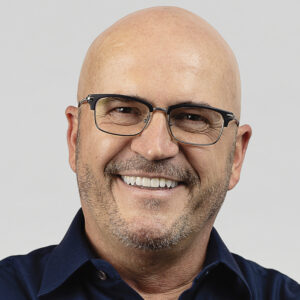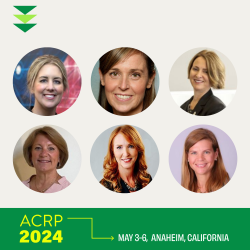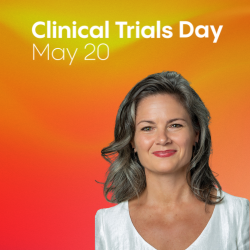Looking for ways to increase participation in your clinical trials? First, stop calling participants “subjects,” says Scott Gray, CEO of Clincierge, whose organization just released a research report, “Voice of the Patient,” examining the patient experience in clinical trials of rare diseases. “They are volunteers, they are human beings,” Gray says.
“Patient recruitment and retention are two of the most pressing challenges facing clinical research, especially in studies targeting rare diseases where the patient pool is limited,” says Gray. “The future of all clinical trials lies in our collective ability and willingness to put patient experience at the center of trial design.”
Findings in “Voice of the Patient” include:
- Sixty-two percent of patients and 59% of caregivers say travel-related challenges stopped them from participating in a clinical trial, while 42% of patients and 47% of caregivers say financial issues stopped them from participating.
- Of patients who participated in a clinical trial, 68% say travel in previous clinical trials has been “difficult” and 95% say they “seriously” considered dropping out because of challenges associated with travel.
- Sixty-five percent of patients say receiving reimbursements made it “a lot” easier to remain in a clinical trial. However, one in three say it has taken a month or more to receive reimbursement while participating in a trial.
Data in the report are the result of an independent study commissioned by Clincierge and conducted by Insight and Measurement over the course of the previous year. The study began with a qualitative phase including writing prompts and online journaling, while a second, quantitative phase compiled data via an institutional review board–approved survey.
Gray hopes sponsors and others will pour over these survey results and hear “the excitement of participating” voiced by so many potential patients. “Patients aren’t doing this for that $35,” he says. “They know their volunteerism can advance science and help others,” he notes.
Author: Michael Causey



